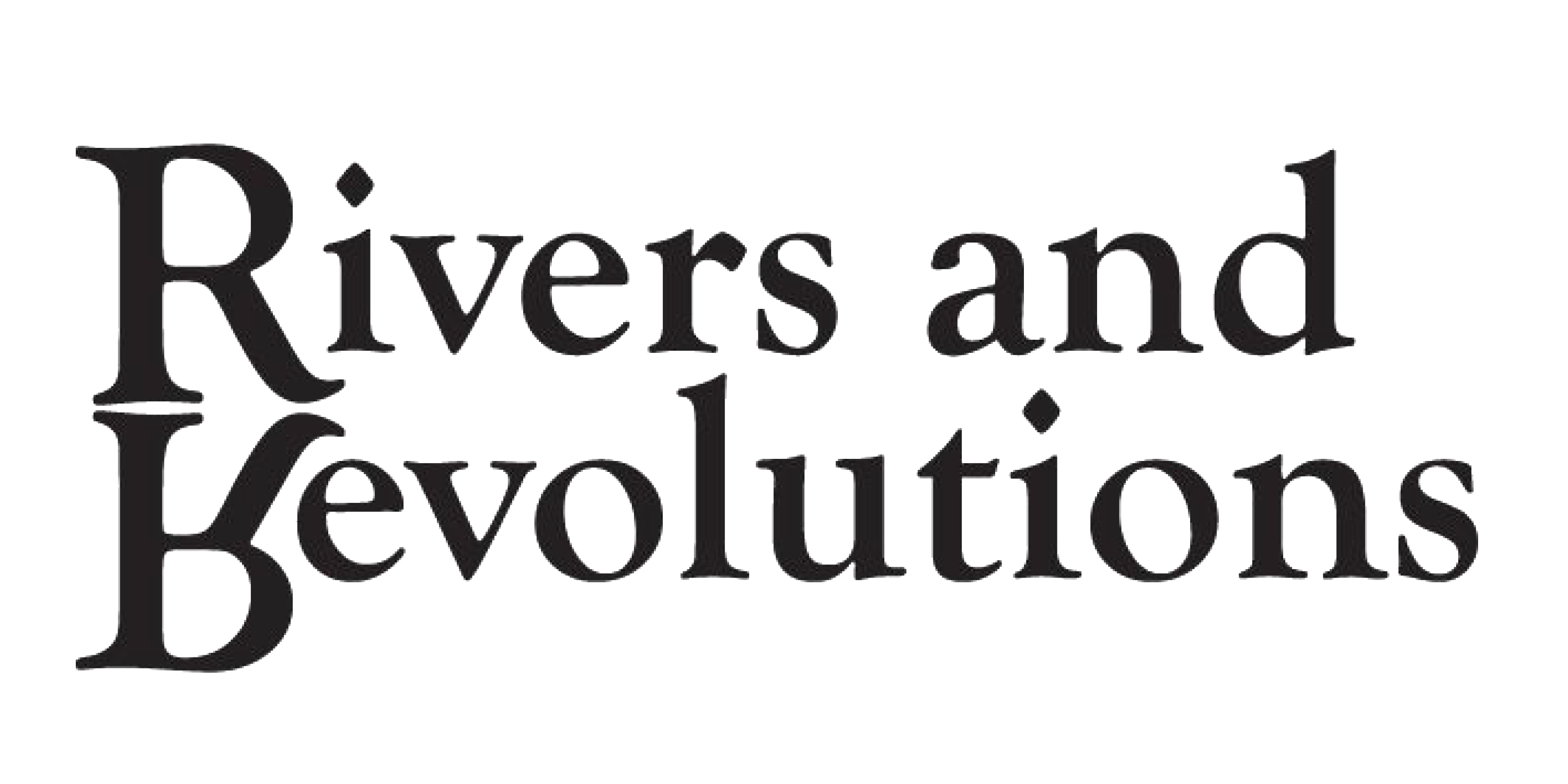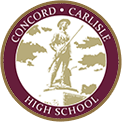“I used to think learning was something that I did to make my future better, now I think learning is something that can make my present moment better.” – RR Student
Stewardship Projects
Stewardship Projects are “real world” learning opportunities in which students are invited to become an integral part and contributor to a host site’s larger mission and present goals, and as a result, their classroom learning begins to connect to their larger community. Students conduct their Stewardship Projects in smaller groups over a substantial amount of time, this work allows for explicit discussions about the dynamics of group work, and how to define what effective group work looks like, feels like, and can accomplish. Students also learn to recognize and address when group dynamics are not working effectively. There is great power in students building these skills so that they can effectively support other people, ideas, and projects.
Learning Community
A Learning Community includes a group of students and faculty working together to progress and support the advancement of learning for all. In order to create and maintain an academic environment that is conducive to the growth of all members, we consider and encourage individual and collective success as interdependent. Learners must be simultaneously self-aware and community-minded, as this helps to build a safe environment of reciprocity and trust that is constructed by all participants. The greatest contribution that one can make to a cohort’s experience is a shift in attitude – away from being compliant or defiant – towards being self motivated and engaged with the community.

Field Trips & Field Work
Places are inherently interdisciplinary texts, and every place we travel to (and every journey from classroom to a destination and back again) is, at its core, “place based” education. The curriculum aims to be out learning in the world 50% of the time. Much of the time in the classroom, is used to enrich our understandings and experiences when we leave it behind. How is one’s understanding of a place enriched when explored through the lenses of math, science, social studies, literature and the arts? Rivers and Revolutions aims to remove barriers between different kinds of knowledge, between people with different backgrounds, and between activities conducted inside versus outside the classroom.
"During the beginning of the semester it was a bit harder to share my thoughts and ideas with others in small table groups or our larger group, because I wasn’t as comfortable with our cohort or with myself. As time went on, I was able to share my ideas more willingly and listen to others more intently without shutting out their ideas at the first sign of them being different from what I thought."
– RR Student
Seminar Studies
Seminar Studies offer students the opportunity to engage in a "college-style" format, characterized by smaller class sizes, in-depth discussions on specialized topics, and active student participation. To prepare for a seminar, students in Rivers and Revolutions engage with a range of materials—such as readings, podcasts, or videos—that prompt critical reflection on key questions tied to the course content. This preparatory work enables students to participate in weekly, focused small-group discussions, where they can hone their skills in thoughtful communication and collaborative learning. Ultimately, Seminar Studies help students cultivate deeper interdisciplinary connections and strengthen their ability to engage with complex ideas.




"During the beginning of the semester it was a bit harder to share my thoughts and ideas with others in small table groups or our larger group, because I wasn’t as comfortable with our cohort or with myself.
As time went on, I was able to share my ideas more willingly and listen to others more intently without shutting out their ideas at the first sign of them being different from what I thought."
– RR Student


Instructional Approach

4 Pillars of Instruction
Interdisciplinary
Experiential
When the five primary disciplines of Rivers and Revolutions – Art, English, Math, Science, and Social Studies – are put into conversation with one another, students begin to see connections between subjects, and they develop a more holistic approach to learning. Eventually students expand connections out into the larger world and its varied places, people, and ideas.
Experiential learning thrives when students go on field trips that immerse them in natural phenomena, urban environments, local organizations, and cultural institutions. In the classroom, students are encouraged to engage with their minds, hearts, and hands, deepening their understanding of the content and preparing them to connect more fully with what they encounter at each field site.
Creative
Collaborative
Rivers and Revolutions encourages students to forge deeper connections between seemingly unrelated ideas. The curriculum challenges them to explore open-ended questions and find innovative solutions. Additionally, students come to see mathematics as a creative pursuit, on par with painting and poetry, recognizing that they have the power not only to receive and replicate knowledge, but to discover and create it themselves.
At the heart of the Rivers and Revolutions experience is the learning community that supports and enriches the entire program. Teachers collaborate to design and deliver the curriculum, while students are encouraged to engage with their learning in the context of their peers. Through shared ideas, group projects, and collaborative skill-building, students not only deepen their knowledge and abilities but also forge meaningful relationships.



At the heart of the Rivers and Revolutions experience is the learning community that supports and enriches the entire program. Teachers collaborate to design and deliver the curriculum, while students are encouraged to engage with their learning in the context of their peers. Through shared ideas, group projects, and collaborative skill-building, students not only deepen their knowledge and abilities but also forge meaningful relationships.




“I used to think learning was something that I did to make my future better, now I think learning is something that can make my present moment better.” – RR Student


